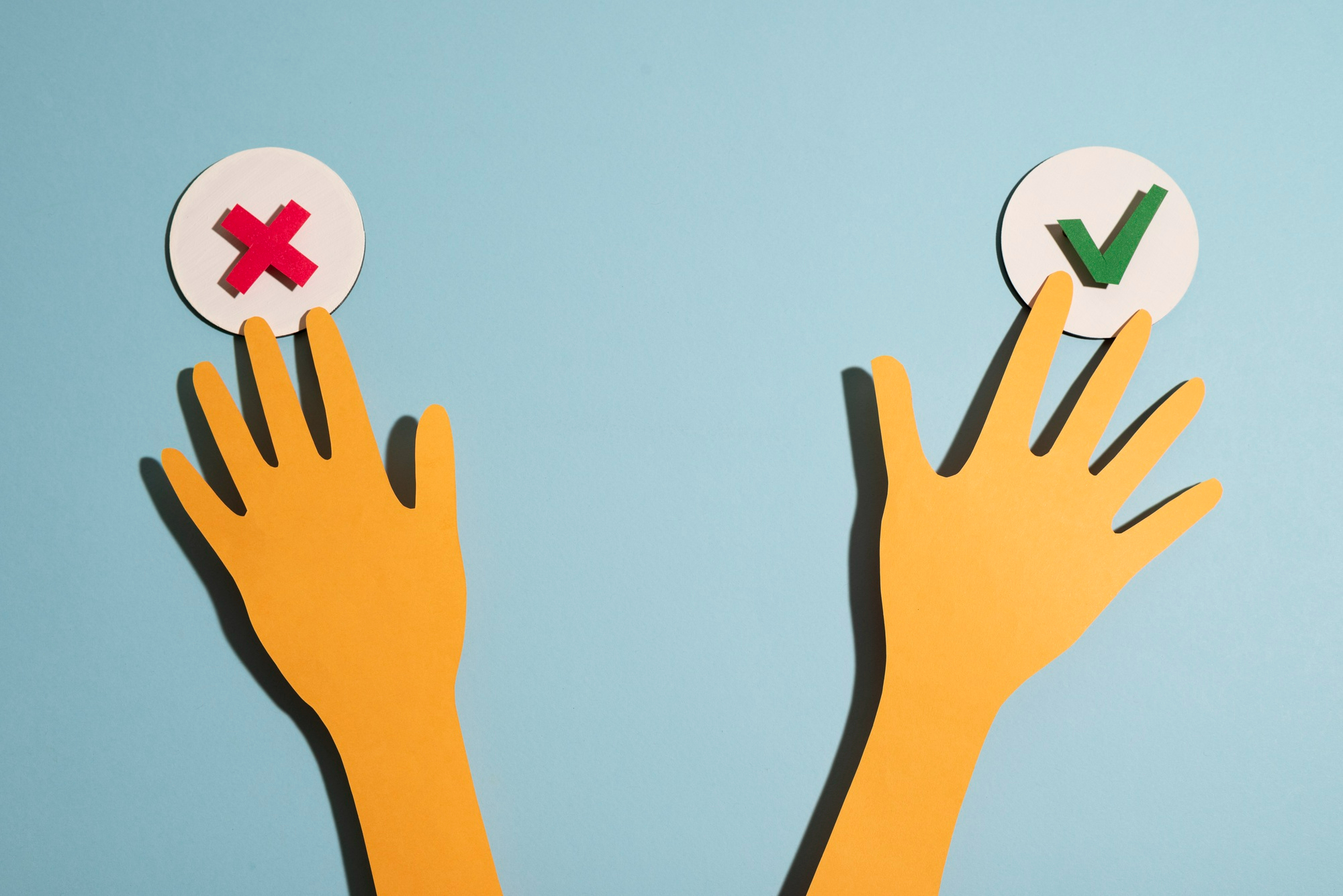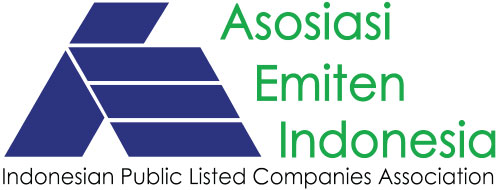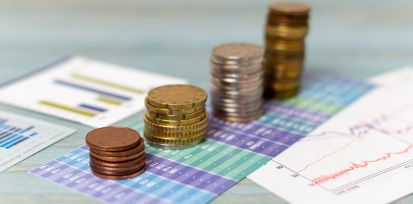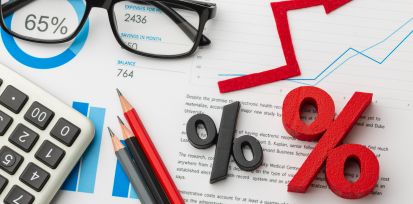
Understanding Auto Rejection in the Indonesia Stock Exchange: Mechanisms and Post-Pandemic Adjustments
Introduction
In the world of stock investing, especially on the Indonesia Stock Exchange (IDX), understanding the various terms and mechanisms in place is crucial, particularly for new investors. One of the key mechanisms that often draws attention is Auto Rejection. This article will provide an in-depth discussion on what Auto Rejection is, the types of Auto Rejection, and how the IDX has adjusted its rules in the aftermath of the Covid-19 pandemic.
What Is Auto Rejection?
Auto Rejection is a protective mechanism on the IDX that sets minimum and maximum limits on stock price changes within a single trading day. When a stock price reaches or exceeds these limits, the exchange’s trading system automatically rejects orders that fall outside of these price ranges. This is done to prevent extreme price volatility in a short period, which can harm investors and destabilize the market.
The implementation of Auto Rejection is not only aimed at protecting long-term investors but also day traders who frequently transact in hopes of making quick profits. Through Auto Rejection, the IDX seeks to ensure that stock trading occurs in an orderly, fair, and efficient manner, allowing all participants to trade with confidence.
Types of Auto Rejection
The IDX has two types of Auto Rejection:
Upper Auto Rejection (ARA):
Upper Auto Rejection occurs when a stock price rises significantly, reaching the maximum limit set by the IDX. For instance, if stock ABC closed at Rp1,000 on the previous day and the ARA limit is set at 25%, the maximum price increase allowed for that day would be up to Rp1,250. If an order is placed at a price higher than Rp1,250, the system will automatically reject it. This mechanism is designed to prevent unreasonable price spikes, which could result from excessive speculation or incorrect information.
Lower Auto Rejection (ARB):
Conversely, Lower Auto Rejection occurs when a stock price falls significantly, hitting the minimum limit set by the IDX. For example, if stock XYZ closed at Rp500 on the previous day, and the ARB limit is 7%, the maximum allowable price drop for that day would be down to Rp465. If an order is placed below Rp465, the system will reject it. The ARB mechanism aims to prevent sharp declines in stock prices, which could harm investors and trigger panic in the market.
Post-Pandemic Auto Rejection Adjustments
During the Covid-19 pandemic, the IDX implemented several special policies to adapt to the uncertain market conditions. One such policy was setting the ARB limit at 7% for all stock price ranges, as a preventive measure to mitigate the impact of volatility caused by global economic uncertainty. Additionally, the IDX shortened trading hours and limited short selling practices.
However, as the economy and market began to recover, the IDX started to normalize the policies implemented during the pandemic. According to IDX Circular no. S-02662/BEI.POP/03-2023 dated March 30, 2023, the IDX announced that some policies would gradually return to normal conditions. One significant change was the adjustment of the ARB limits.
Conclusion
The implementation and adjustment of the Auto Rejection mechanism on the IDX is part of an effort to maintain stability and fairness in stock trading. For investors, especially those new to the stock market, understanding this concept is crucial for managing risks and maximizing potential returns. With the post-pandemic adjustments, investors are expected to be more flexible in adapting their strategies and continue to trade wisely in a dynamic market environment.




 Back to Home
Back to Home







